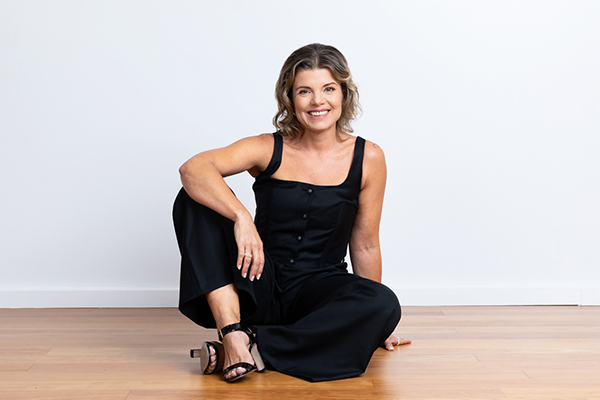How to Use Disappointment to Your Advantage
There is a word in the world that strikes me to the core… a real punch to the gut … a wobble to my confidence and sense of identity.
It’s the D-word.
Disappointment.
Whether I’ve disappointed myself or others, or I hear it used – often weaponised – as a mechanism of control and disempowerment of others, it strikes me to the core.
In my world, to disappoint is to let down, to not have been the person I or others thought I was. And to be disappointed with or by others means I have mis-read our relationship, what I thought we had agreed… who I thought you were.
And all of these tell me in some way “I am wrong… I got it wrong…”
“The measure of our courage is the measure of our willingness to embrace disappointment, to turn towards it rather than away…”
These are the words of Irish poet David Whyte in his beautiful book Consolations – The Solace, Nourishment and Underlying Meaning of Everyday Words.
It is my most favourite book and I read it as I would drink the finest wine or nibble on the most delectable cheese – in small amounts that I pause and savour with all my senses.
We experience disappointment when the world doesn’t show up as we believed it was going to or that we believe it should. This gap between our expectations and the reality in front of us could be called the Gap of Disappointment, but it often shows up as anger, frustration and a cycle of name, shame and blame. It makes and keeps us fragile and is a black pit for time, attention and energy.
What service could there be possibly in all of this…?
Back to David…
“The question in disappointment is whether we allow it to bring us to ground, to a firmer sense of ourselves, a surer sense of our world, and what is good and possible for us in that world, or whether we experience it only as a wound that makes us retreat from further participation.”
I’ve come to see the possibility that disappointment offers, is for us to check in with what’s ours to own…
Did we clearly communicate our expectations?
Were they reasonable? Realistic? Relevant?
And the expectations we hold of ourself too…
The name, blame and shame game can be played inwardly, towards ourself as much as it is outwardly, towards others.
And neither a ‘Me and Mine’ nor a ‘Them and Theirs’ pattern is healthy, constructive or accurate. Most things in life have some degree of shared responsibility…
David suggests that …
‘Disappointment is a friend to transformation, a call to both accuracy and generosity in the assessment of our self and others, a test of sincerity and a catalyst of resilience.’
I agree. As we become clear about what’s ours to own in the disappointment and what can appropriately be asked of others – whether that be action, accountability or support – there is the possibility that we are better from our experience of disappointment… bigger… gentler… wiser.
And these final words from David…
“Disappointment is just the initial meeting with the frontier of an evolving life, an invitation to reality, which we expect to be one particular way and turns out to be another, often something more difficult, more overwhelming and strangely, in the end, more rewarding.”
And perhaps that is why a day, a week, a life with disappointment could be just what good looks like.
Until next time…





